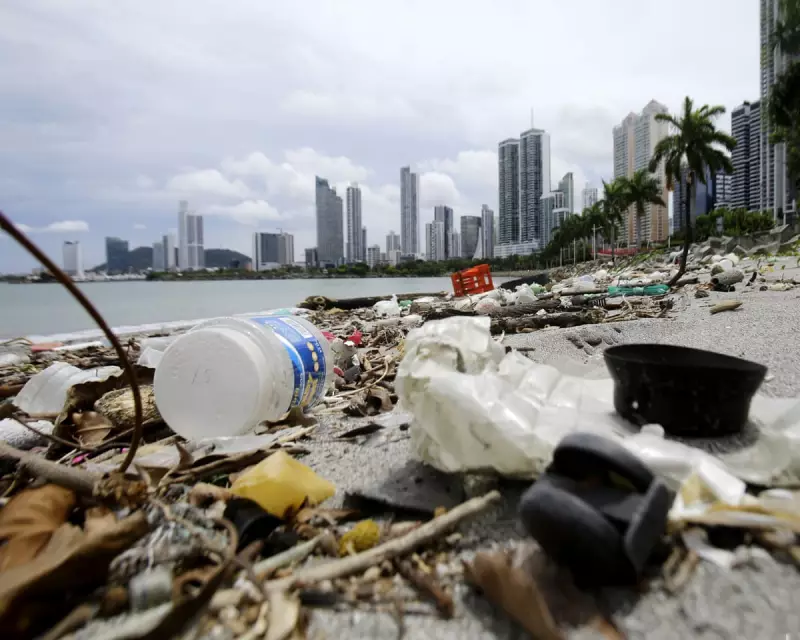
Representatives from 175 nations have convened in Geneva for critical talks aimed at finalising a legally binding treaty to address the global plastic pollution crisis. The negotiations, hosted by the UN Environment Programme, seek to establish a comprehensive framework to curb the devastating environmental impact of plastic waste.
The Sticking Points
While all parties agree on the urgent need for action, significant divisions have emerged regarding key provisions:
- Production caps: Some nations advocate for strict limits on virgin plastic production, while others resist binding targets
- Waste management: Disputes continue over responsibility for improving recycling infrastructure in developing countries
- Chemical regulation: Debate rages over whether to ban specific hazardous additives in plastic manufacturing
A Race Against Time
Environmental groups warn that without immediate action, annual plastic waste could nearly triple by 2060. Current estimates suggest 11 million metric tonnes of plastic enter oceans each year, wreaking havoc on marine ecosystems.
"This treaty represents our best chance to turn the tide on plastic pollution," said one delegate speaking anonymously. "But we're running out of time to find common ground."
Industry Pushback
Petrochemical companies and plastic manufacturers have lobbied heavily against production restrictions, arguing for technological solutions rather than output limits. Meanwhile, environmental activists maintain that only systemic changes can address the scale of the crisis.
The talks are scheduled to continue through next week, with observers hoping for at least a framework agreement before the deadline.





